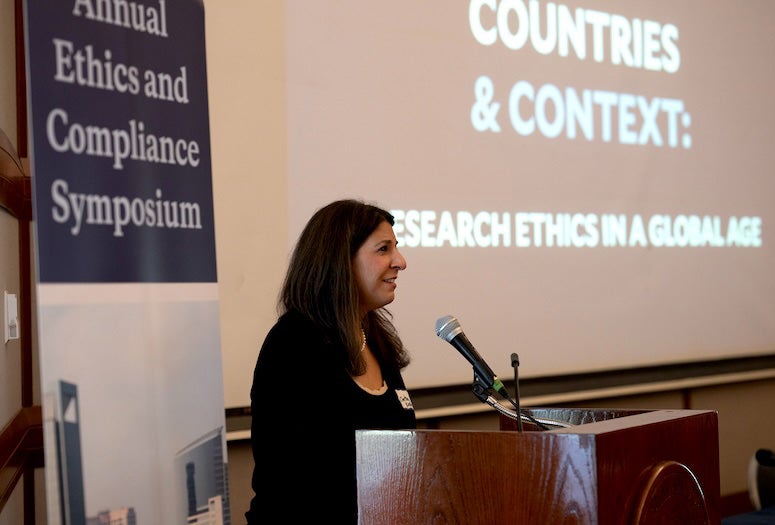Rice University’s Office of Ethics, Compliance and Enterprise Risk hosted the second annual Ethics and Compliance Symposium at Farnsworth Pavilion in the Rice Memorial Center April 23.
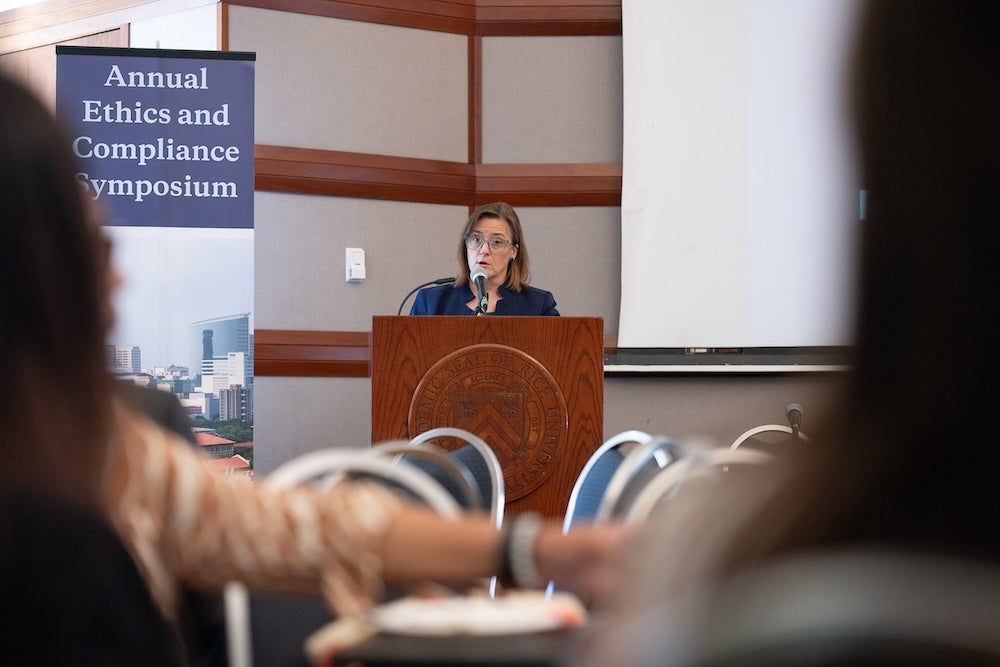
The event, titled “Countries and Context: Research Ethics in a Global Age,” kicked off with opening remarks by Amy Dittmar, Howard R. Hughes Provost and executive vice president for academic affairs. Dittmar discussed the broader context of federal legislative efforts to safeguard the U.S. research enterprise, highlighting Rice’s continued commitment to “promoting international collaboration while ensuring research security and fostering open, cooperative partnerships worldwide.” Dittmar also mentioned changes to the university’s international travel policy; Rice’s growing global footprint and renewed emphasis on global impact as “a key component of the university’s strategic goals;” and academic freedom in the context of international collaboration.
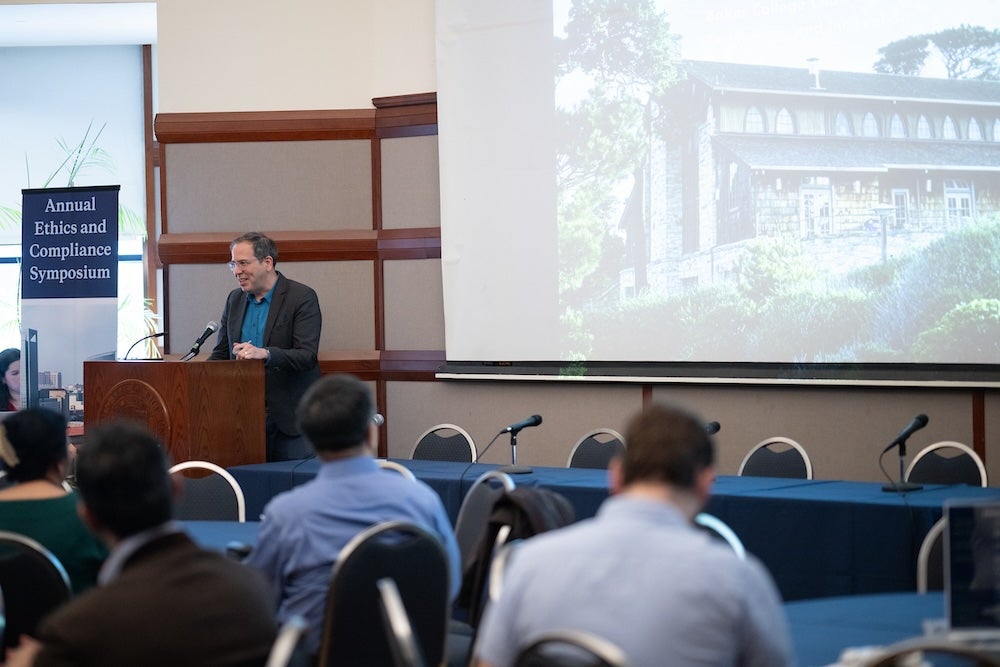
Luis Campos, the Baker College Chair for the History of Science, Technology and Innovation and faculty scholar at the Baker Institute for Public Policy, focused on the International Congress on Recombinant DNA Molecules, held at the Asilomar Conference Center in Pacific Grove, California, in February 1975.
The conference was an “unprecedented event in the history of science,” when some of the world’s leading experts in molecular biology came together to assess potential risks associated with the advent of genetic engineering and to develop a set of guidelines to govern this burgeoning field of research. Campos discussed the rich legacy of the event, which continues to be invoked in contemporary discourse surrounding questions of research ethics, and the intersection of science policy and public interest.
Asilomar served as an inspiration for this year’s De Lange Conference, which was chaired by Campos. Gearing up for the 50th-year anniversary of Asilomar in February of 2025, which Campos plans to commemorate with a large international event held on site at the historic conference grounds in California, he has also organized a recent event in New York titled “An Asilomar for Journalists.”
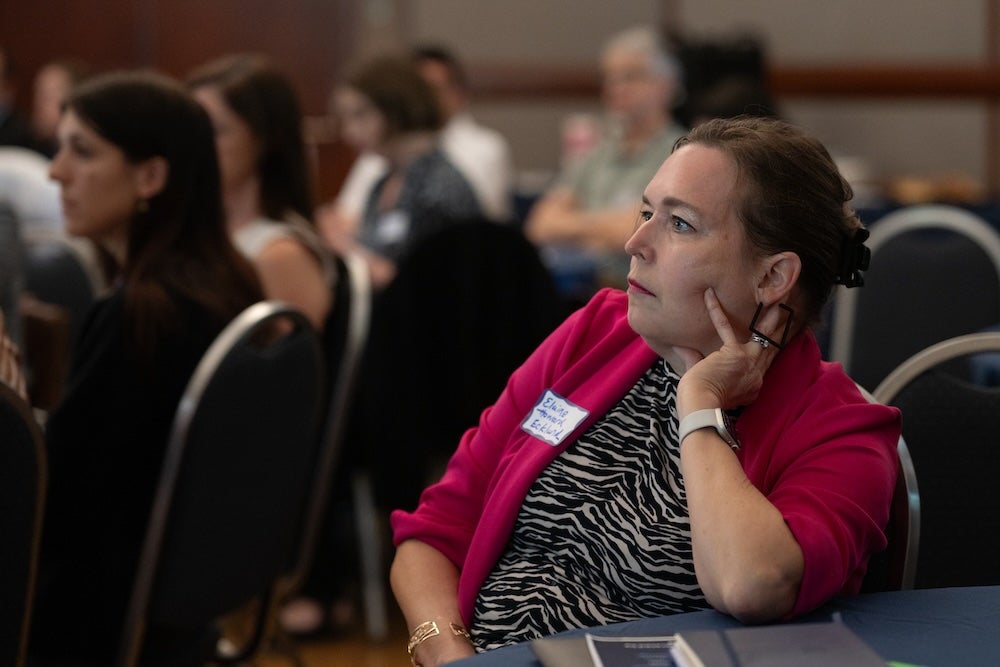
In “How Academic Scientists in Different Contexts View Science Ethics,” Elaine Howard Ecklund, Rice’s Herbert S. Autrey Chair in Social Sciences, sociology professor and director of the Boniuk Institute for the Study and Advancement of Religious Tolerance, raised the question of whether the assumption that research misconduct is unambiguous may be overly simplistic, describing insights from her original research studies exploring ethics among scientists in different national contexts. The fact that questions of ethics in science are rarely as black and white as expected carries some implications for research practices, training scientists and handling emerging topics of concern.
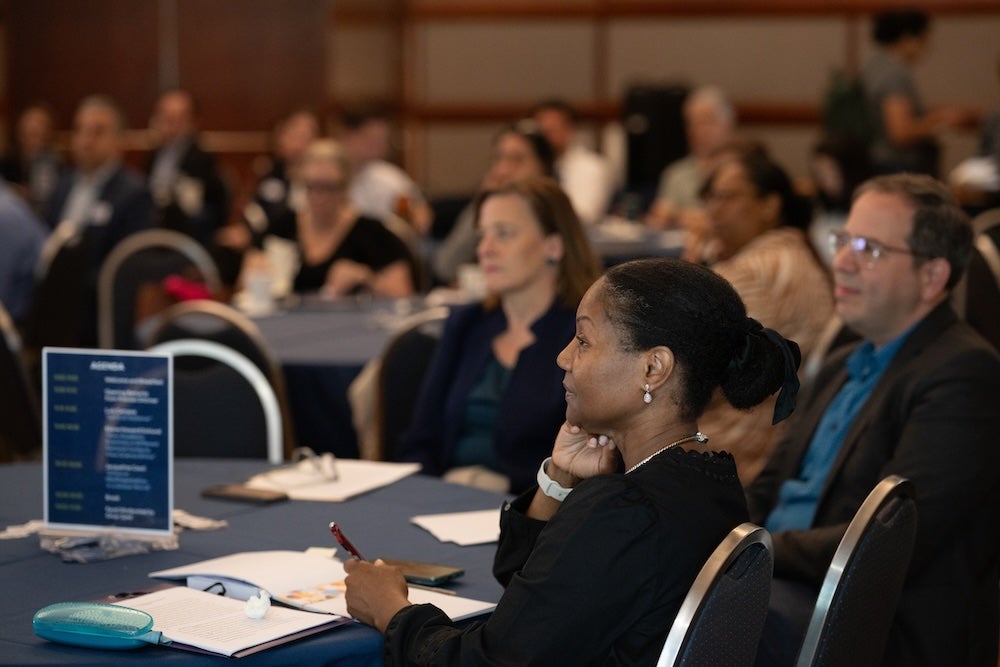
During her presentation titled “Ethics and (Re)presentation in a Global World,” Jacqueline Couti, the Laurence H. Favrot Professor of French Studies, chair of the Modern and Classical Literatures and Cultures Department and associate director of the Center for the Study of Women, Gender and Sexuality at Rice, explored the representation of black women’s bodies in the colonial writings of Médéric Louis Élie Moreau de Saint-Méry (1750-1819), a French public official and lawyer known for his texts on Saint Domingue (now Haiti) and Martinique.
The talk was framed by a reflection on a definition of ethics as grounded in the question of what causes harm, and thus as inextricable from questions of power; the ethics of citation as a form of critical praxis, especially with respect to underrepresented voices and bodies of knowledge; and instantiations of the commodification of blackness in contemporary discourse and in a global context.
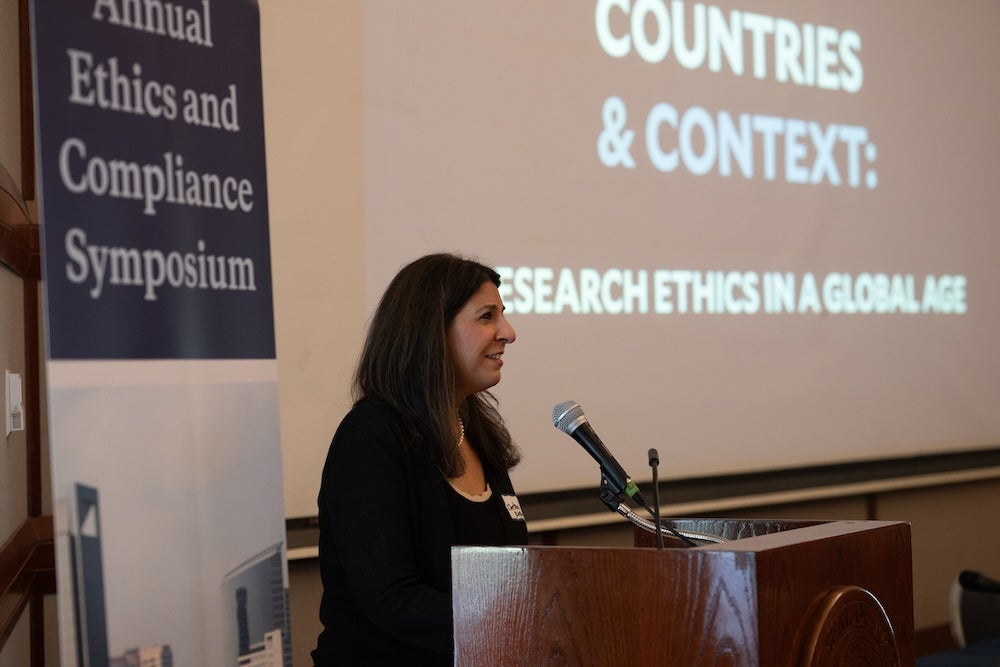
Speakers’ presentations were followed by a panel discussion and Q&A session moderated by Chetna Koshy, featuring Couti; Gang Bao, department chair and Foyt Family Professor of Bioengineering, professor of chemistry, materials science and nanoengineering and mechanical engineering and a Cancer Prevention and Research Institute of Texas scholar; Lisa Biswal, senior associate dean of engineering, the William M. McCardell Professor in Chemical Engineering and professor of materials science and nanoengineering; and Steven Lewis, the C.V. Starr Transnational China Fellow at the Baker Institute, and professor in the practice in the Department of Transnational Asian Studies.

